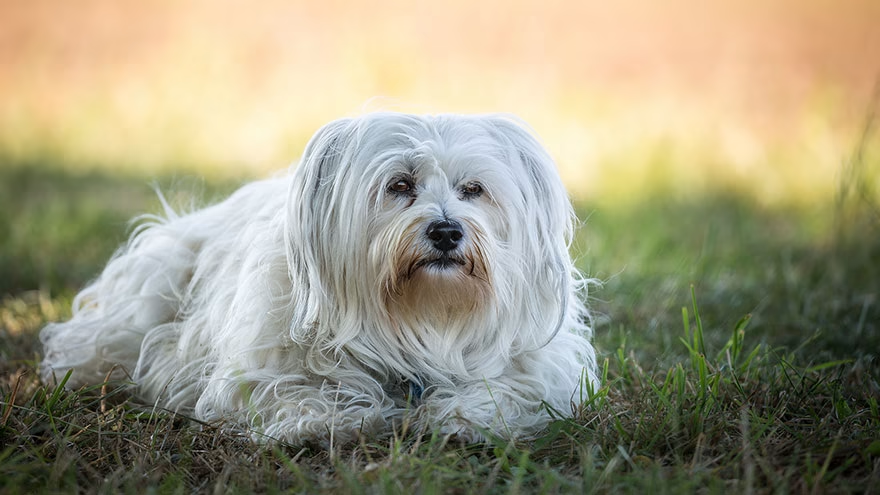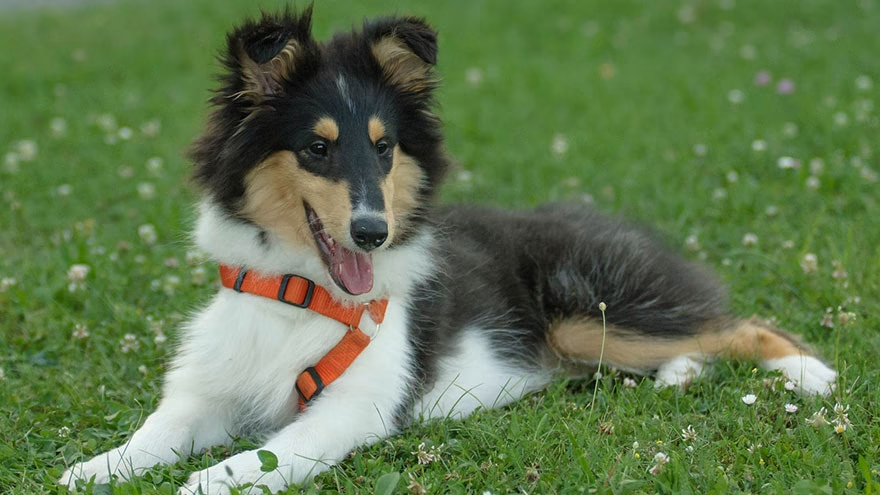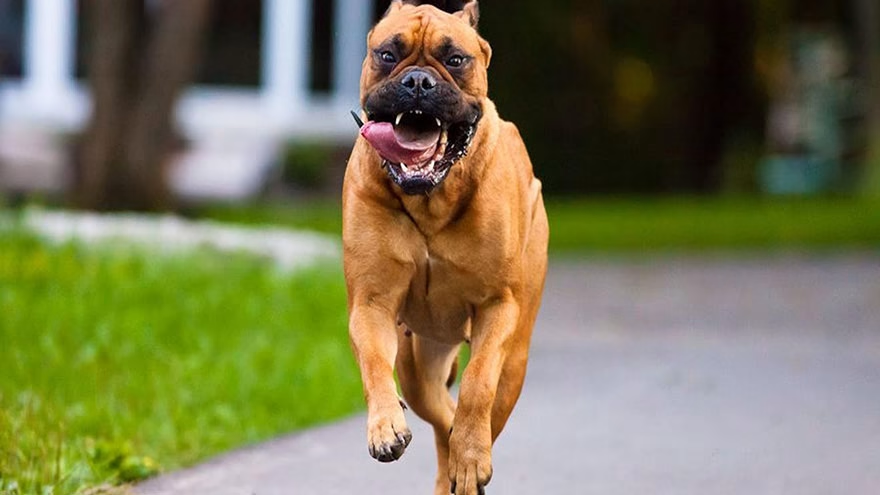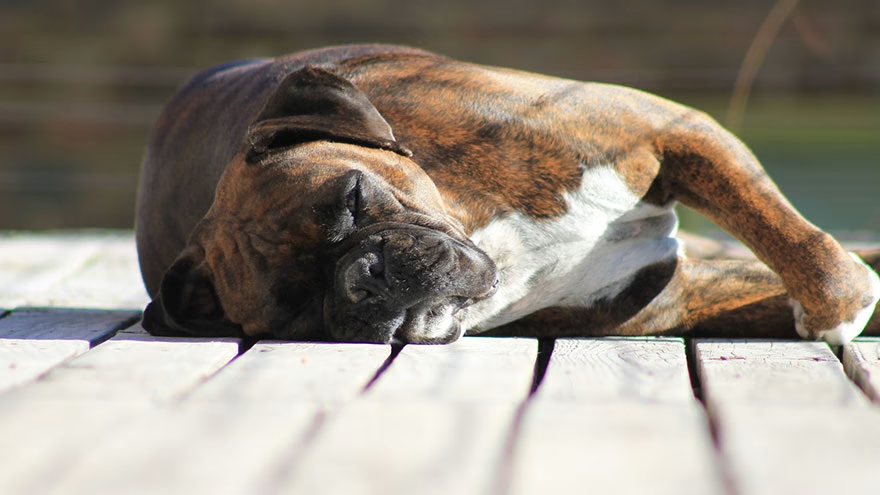The two breeds have much in common, so they complement each other when crossbred. With good care, expect your Havachon to share your life for 15 years or more.

Havachon Size
While the Havanese is a member of the toy group and the bichon frise belongs to the non-sporting group, they are both similar in size. At maturity, the Havanese stands between 8.5 and 11.5 inches tall at the shoulder, while the bichon frise reaches 9.5 to 11.5 inches high.The Havanese weighs between 7 and 13 pounds, while the bichon frise is slightly heavier at 10 to 18 pounds. Your Havachon will fall somewhere in between these height and weight ranges, with much depending on the size of the individual parents.
Colors And Coat
The bichon frise is always white, while the Havanese breed standard permits any color. It's likely your Havachon will have considerable amounts of white in his coat, if he's not entirely light-colored. The bichon frise sports a soft, curly coat, while that of the Havanese is much silkier.Neither shed much, but if your Havachon takes after his bichon parent, his powder puff coat requires regular trimming from a groomer.
Havachon Temperament
The American Kennel Club describes the bichon frise as "curious, peppy and playful," while the Havanese is "funny, outgoing and intelligent." Put the two together and you have a bright, lively and energetic little pal.Both breeds are strictly companion dogs -- they weren't created to herd livestock or hunt, but simply to partner with their person. Both get along with other dogs, cats and kids, although their size makes them a better choice for older children. The Havachon may bark a lot, but he's also a good watchdog for his size.
Health Issues
All purebred dogs are prone to certain hereditary health issues, but the hybrid vigor of the Havachon may make him less vulnerable.Possible genetic health problems include:
- Orthopedic problems -- Legg-Calve-Perthes disease affects both breeds. This condition causes loss of blood supply to the femur, requiring surgical correction.
Slipped kneecaps appear in both breeds, while hip dysplasia primarily occurs in the bichon frise.
- Cataracts are common in both breeds. The Havanese may develop progressive retinal atrophy, which causes complete blindness.
- Dental disease.
- Bladder stones are a problem in the bichon frise.
- Deafness is a predominately Havanese issue.
You Might Also Like :: Bichon Frise Breed Information
Save for later
Found this helpful?
Pin this article to your Pinterest board and come back to it whenever you need a reminder.
Save to Pinterest


